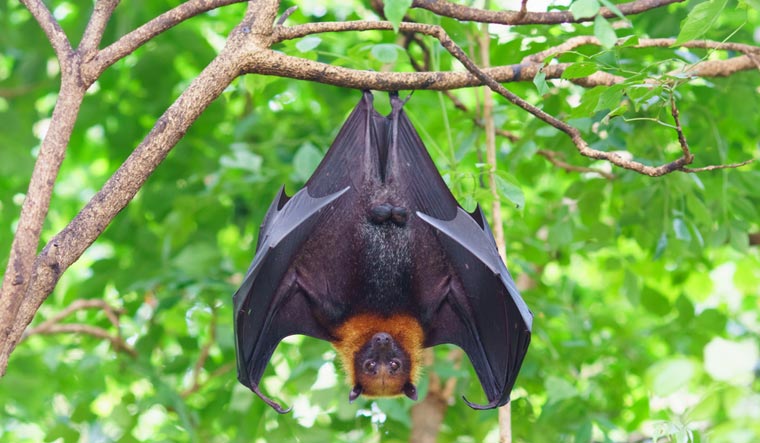A recent study by researchers at Texas A&M University School of Veterinary Medicine and Biomedical Sciences has shed light on the potential role of bats in preventing future pandemics. The study, published in the journal Cell Genomics, revealed that some species of bats are protected against the viruses they carry because they commonly exchange immune genes during seasonal mating swarms .
Dr. Nicole Foley, from the Texas A&M School of Veterinary Medicine & Biomedical Sciences, emphasised the significance of understanding how bats have evolved viral tolerance, stating that it may help humans better fight emerging diseases. She highlighted the importance of collaborative research efforts, indicating that genomicists' work often lays the groundwork for scientists studying virus transmission directly, developing vaccines, or monitoring vulnerable animal populations .
The researchers focused on Myotis bats, the second-largest genus of mammals with over 140 species, to uncover how bats have evolved tolerance to deadly viruses. They found that swarming behavior, akin to social gatherings for bats, plays a crucial role in the exchange of immune genes. Dr. Foley likened swarming behavior to a social gathering, explaining that it involves increased flight activity, communication, and inter-species mingling, similar to going to a club for bats .
The study faced challenges associated with distinguishing between different bat species and the increased numbers of hybrids resulting from swarming behavior. To address this, the researchers collaborated with international partners to sequence the genomes of 60 Myotis bat species. This allowed them to untangle the genetic code for hybridization and identify the true relationships between the bat species.
Dr. Foley expressed the hope of identifying other instances where hybridization has occurred among mammals to gain insights into their relationships and the organization of genomes. The study's emphasis on the role of hybridization in spreading beneficial immune gene variants throughout the bat population has raised new questions for researchers .


